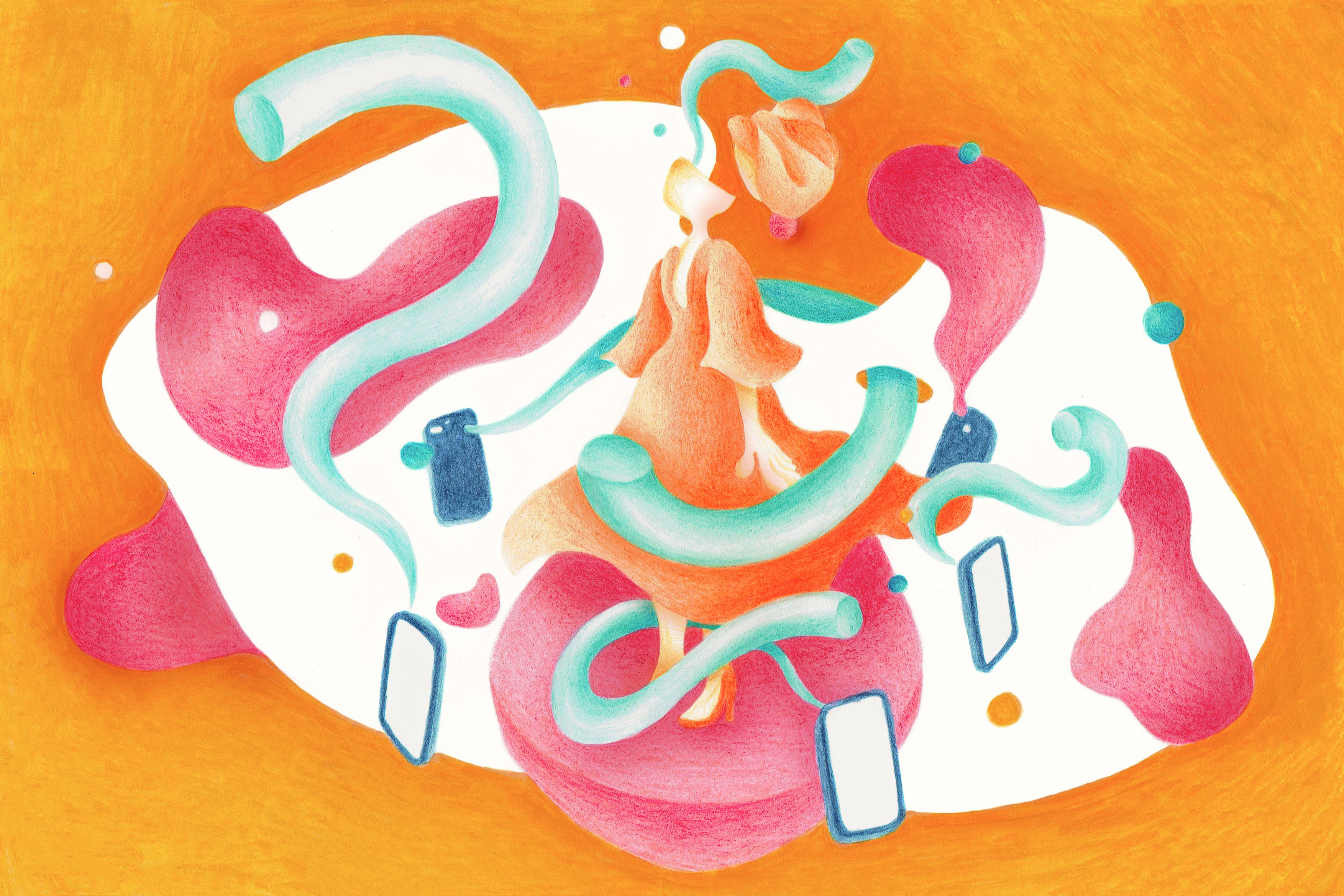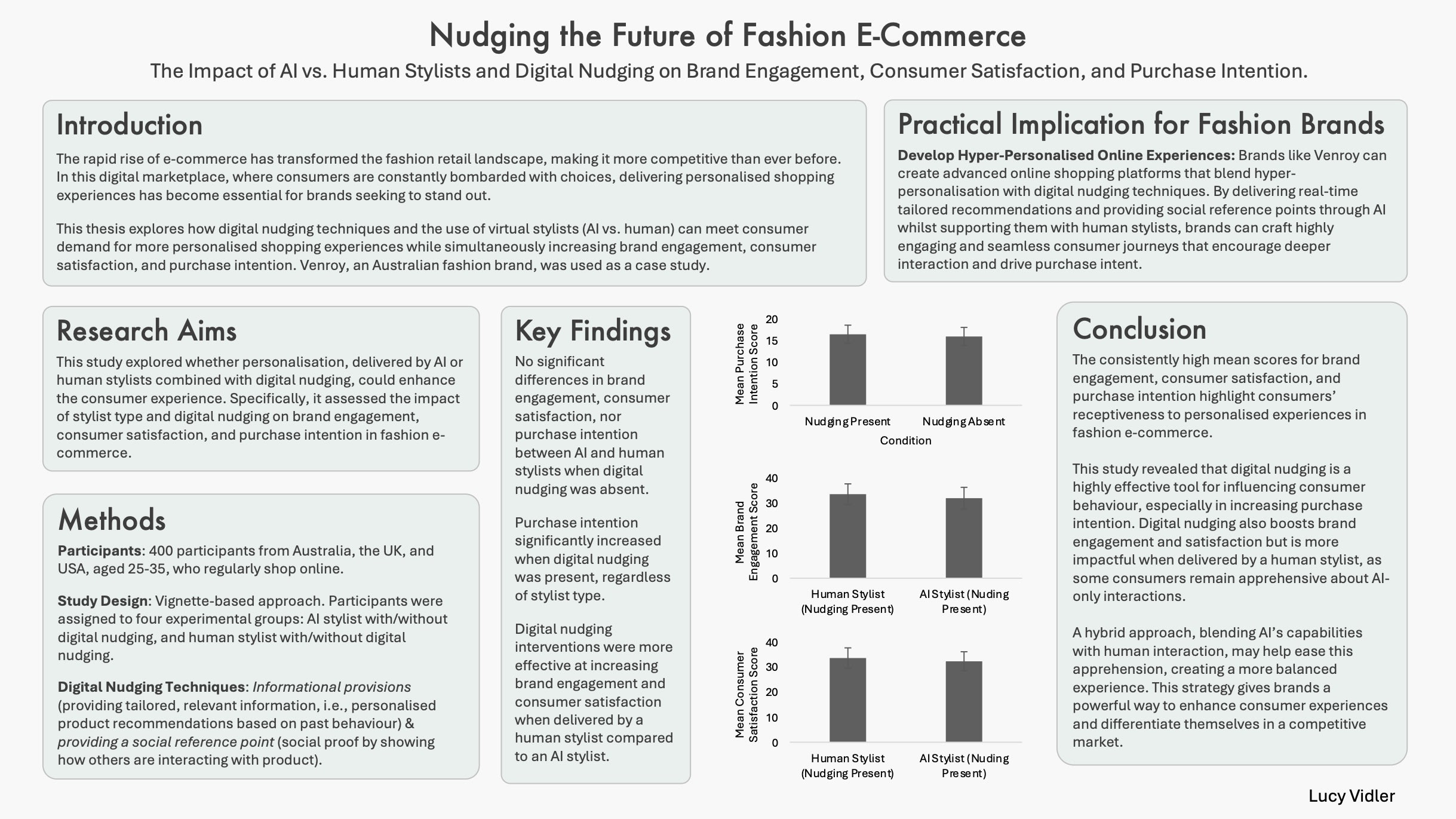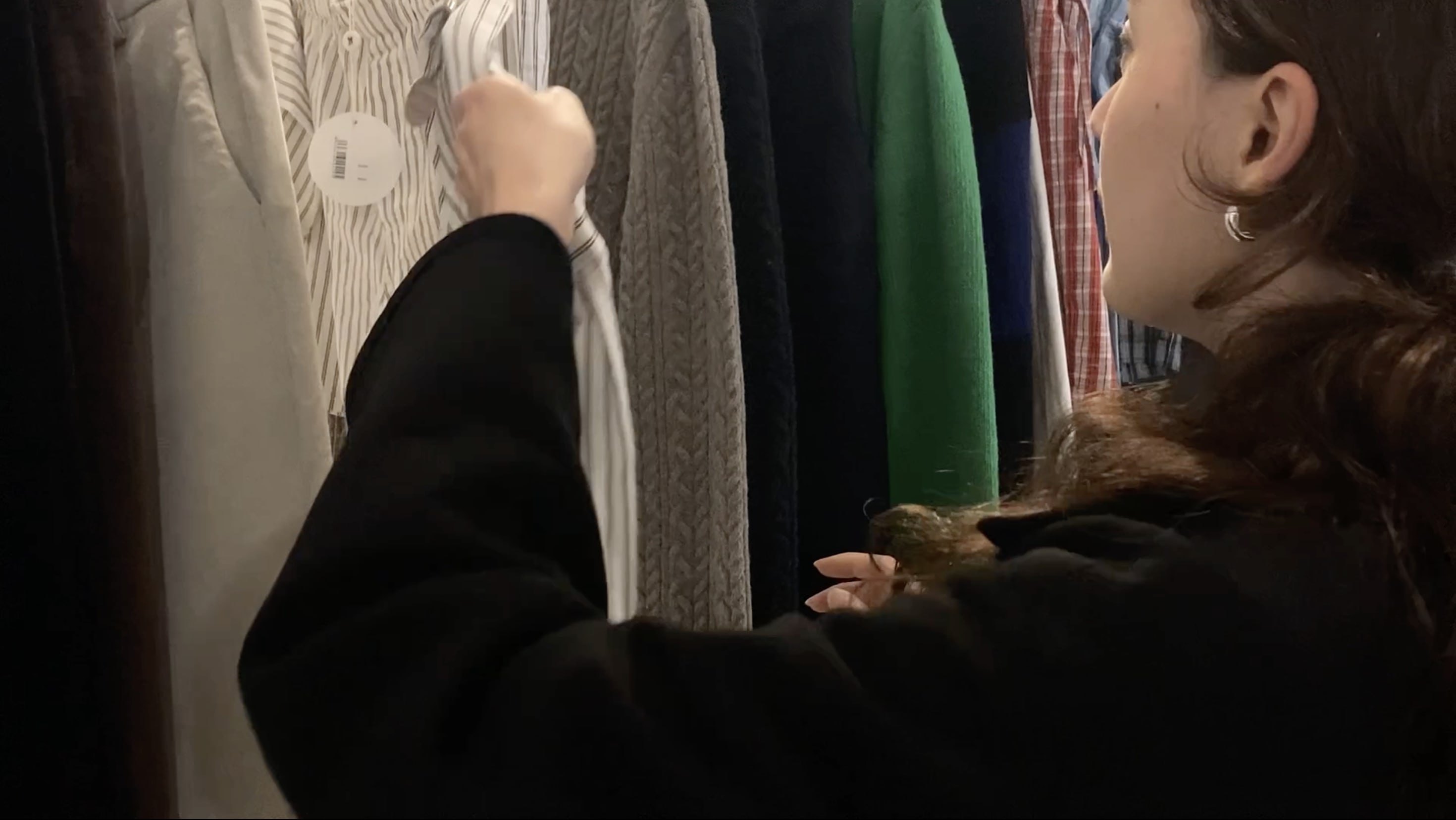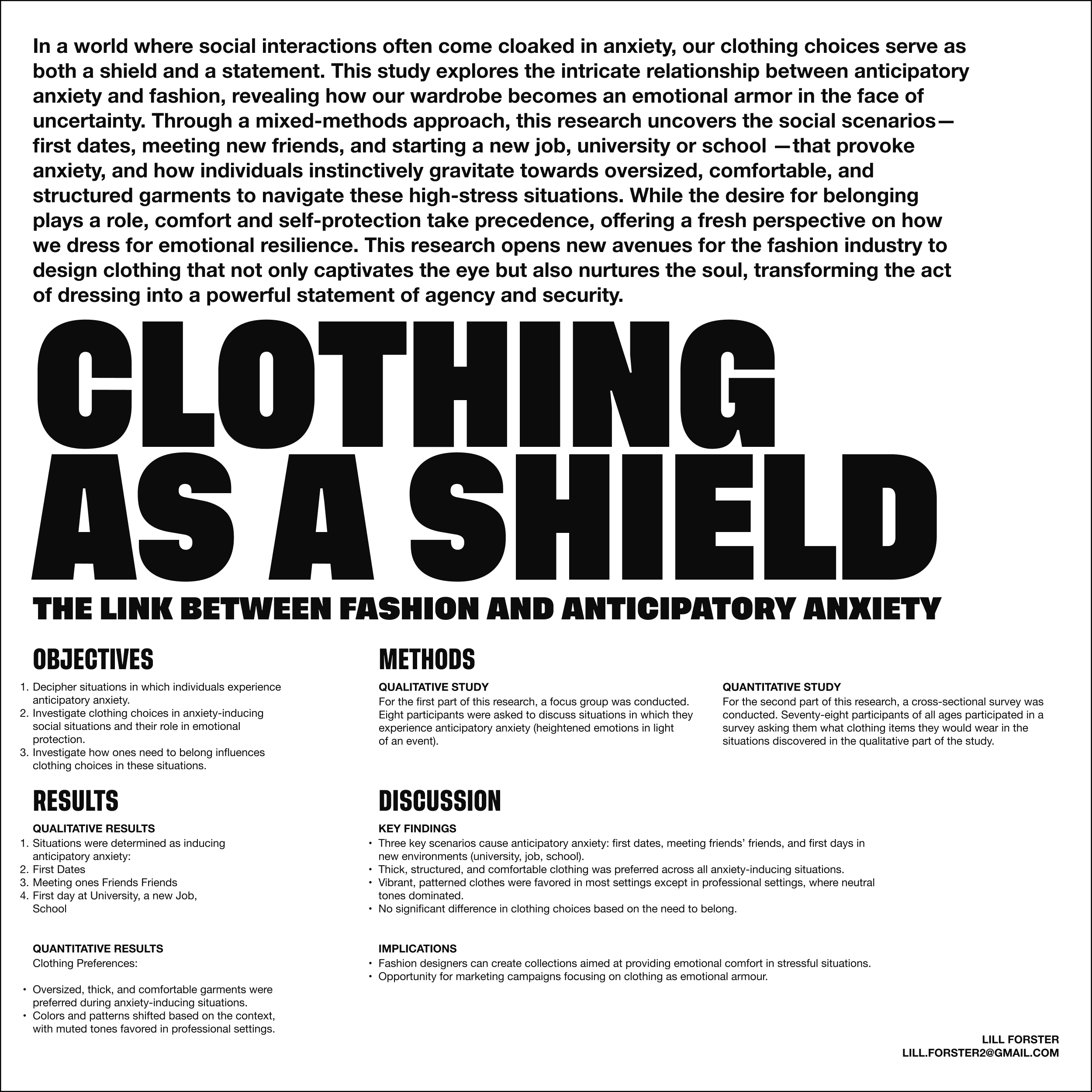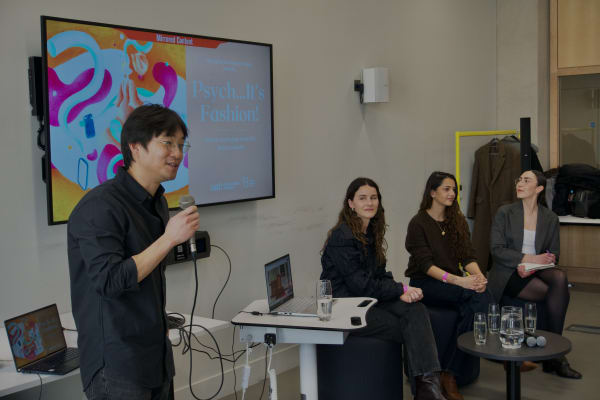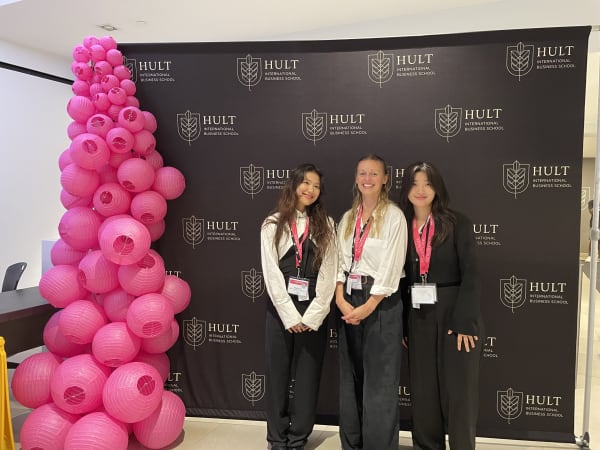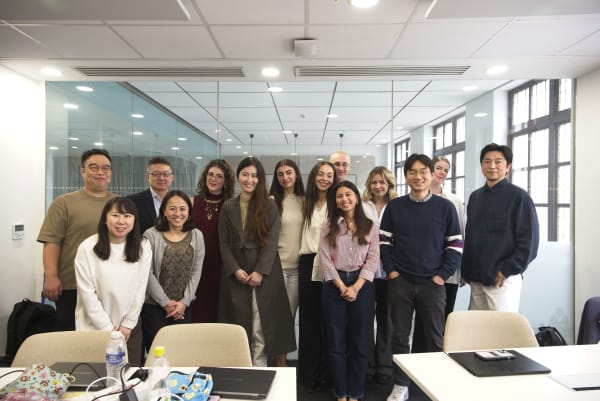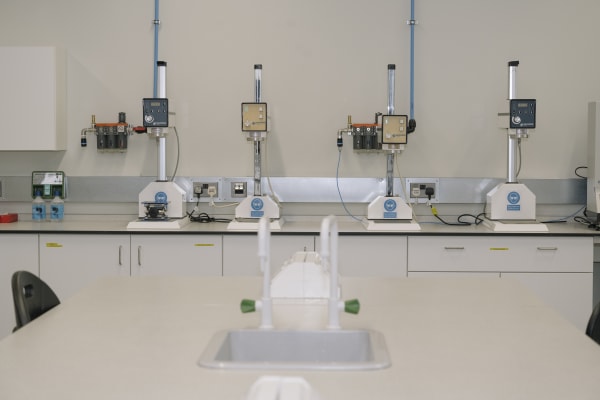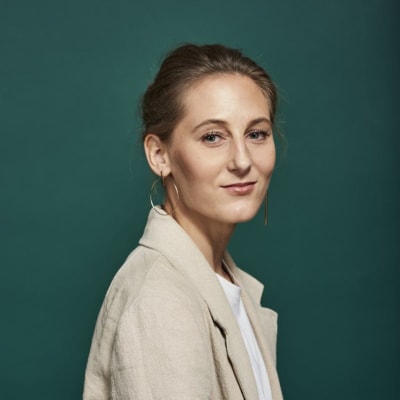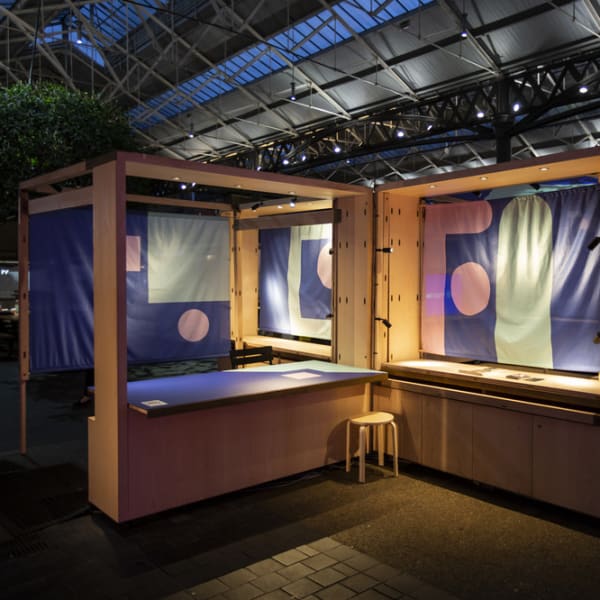Course units
Units for the Award of MSc Psychology of Fashion:
Block 1
Experiencing Fashion: Research Methods and Approaches (20 Credits)
This unit provides an overview of the range of research methods, approaches, and tools used in psychology to understand how people experience fashion. By applying psychological research to the fashion and creative industries, you will understand the relationship between theory and practice, and the multi-faceted impact of psychological research. You will also learn about philosophy and ethics in research and develop the skills necessary for designing robust research.
Fashion Consumer Psychology and Sustainability (20 Credits)
This unit introduces you to concepts of consumer behaviour and psychology through an investigation of how and why we buy fashion goods and services. You will investigate how consumer identity is formed and develop your understanding of fashion psychographics and cross-cultural values, and how these may inform fashion marketing practices. You will apply market research methods and evaluate consumer behaviour in different parts of the world and will appraise existing business practices and offer realistic solutions with sustainable development in mind.
Personality and Individual Differences (20 Credits)
This unit focuses on personality and other individual differences that make us who we are and influence our emotions, cognitions, and behaviours. In the unit, you will explore personality and the self from a developmental perspective, recognising that they are situated in our social and cultural context. You will discuss the value and limitations of psychometric assessment. You will use your knowledge to understand how individual differences are related to our interactions with dress, fashion, and the fashion industry. The focus will be on applying psychological concepts and methods to enhance individuals’ relationship with fashion, as well as the fashion industry’s impact on society and the environment.
Block 2
Data Analysis for Behavioural Research (20 Credits)
In this unit, you will learn more advanced techniques of qualitative data analysis and a variety of tests that can be used to analyse quantitative data and answer research questions. For this purpose, you will use software like SPSS or equivalent data analysis software and will learn how to use specialist online data collection tools. With the rise of technology and big data usage across all industries including fashion, the ability to understand and work with data and communicate the findings in an accessible format is a highly desirable skill.
Cognition and Creativity (20 Credits)
In this unit, you will study human development, biological bases of cognitive processes and existing theories of perception, thinking, reasoning, decision making and communication. You will explore how people make sense of the world and how cognitive psychology theories apply in the context of fashion and the creative sector. In addition, this unit will cover the origins and evolution of creativity and explore how creativity can be enhanced. This unit will apply psychological theories and methods in the context of fashion and evaluate how these can be effectively communicated to various audiences.
Fashion Together: Collaboration for Innovation (Psychology) (20 Credits)
In this unit, you will learn about social psychology principles relating to group dynamics and processes, critically examining how these affect group performance, and applying psychological literacy in professional collaborative contexts. You will also have the opportunity to innovate and explore through industry or college-based briefs while developing professional negotiation, teamwork, and design thinking skills essential to the fashion and creative industries. The emphasis is on cooperative learning practices that drive innovation and change within the fashion industry. You will have the option to engage with industry or college-based briefs, with a list of briefs available to choose from. Final allocations are subject to availability.
Block 3
Master’s Project Psychology (60 Credits)
This is the final stage of your course and is central to achieving the course aims. The project provides you with the space to synthesise all the knowledge and skills you have gained on the course. You will identify and develop a novel opportunity for your research to expand the existing knowledge and understanding of the role psychology plays in the fashion and creative industries. Your project should evidence originality in the nature of the primary material, technical experimentation, or the application of challenging theoretical perspectives. Your project will be self-directed and you will negotiate the shape and direction of your project at the outset with your supervisor. Upon completion of your project, you will have generated a high-level masters’ quality dissertation that will showcase your academic literacy, research skills, creativity in research dissemination, and the professional standards that will act as a platform for your future career and professional development.
The credit framework conforms to the University of the Arts London framework in which the unit of credit is 20 credits (equivalent to 200 hours of your study time). All credits on the master’s programme are at postgraduate level 7. The course is divided into three 15-week blocks. The first block is 60 credits and those who successfully complete this block are eligible for the award of a PG Cert. The second block is a further 60 credits and those who complete blocks 1 and 2 are eligible for the award of PG Dip. The third and final block is the Master’s Project. This is a 60-credit unit and those who successfully complete this block are eligible for the award of MSc Psychology of Fashion.
